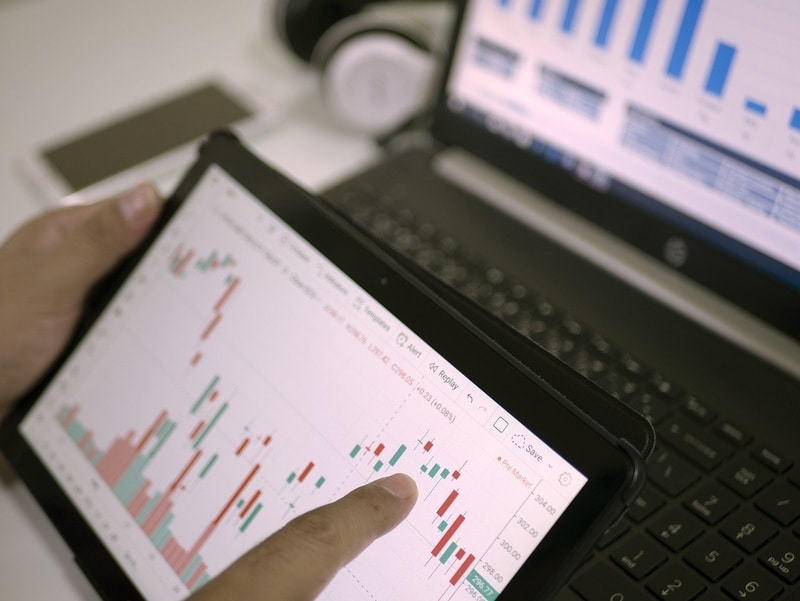On December 31st, the first case of the coronavirus was detected in China after the World Health Organisation heard of reports of a previously-unknown virus. Since then, the new strand, now named Covid-19, has both taken lives and had a significant impact on the value of major international currencies, in addition to the global economy overall. Fundamentally, the world’s economy has suffered due to a decline in the demand for essential commodities and retail products.
As a result, we’re going to look at how the financial implications surrounding the outbreak of the coronavirus has affected, and is continuing to affect, some of the globe’s main currencies.
Negative Financial Implications for International Markets
Following the outbreak of the virus, which has now reached a total of just over 73,000 confirmed cases at the time of writing, there has been a significant effect on numerous international markets. As of February 17th, Apple has warned of a global shortage of iPhones as a result of the spread of Covid-19 closing various factories in China. Regarding the numbers, the multinational technology company anticipates that they will fail to meet their quarterly revenue target of between $63 billion and $67 billion following the decline in demand among Chinese shoppers. Moreover, Ming-Chi Kuo, an analyst at TF International Securities, predicts that Apple have cut their shipments of the smartphone by 10 percent.
Source: Unsplash
In addition to adversely impacting global markets surrounding technology, the closure of factories and shops, as well as the lower use of machinery within China, is drastically impacting the value of main currencies following the coronavirus shrinking the demand for crude oil. At present, China’s daily crude oil consumption has substantially declined, falling by a total of 20 percent after the virus emerged in the seafood market of Wuhan. Crucially, this decline considerably impacted on the value of oil-dependent currencies, such as the Canadian dollar. It fell to a two-month low during the period of reduced oil demand, with the value of the currency trading at just 1.3292 against its U.S. counterpart, according to the Globe and Mail.
What Does This Mean for Traders?
Due to declining values caused by various market factors, traders have sought to seek safe-havens to ensure stability while trading. As touched upon above, the strength of the U.S. dollar against other currencies has made it a go-to option for traders, with it reaching a four-month high against the Euro as of February 10th. However, while this is desirable among traders, global corporations feel that this boost in strength to the dollar could considerably reduce their foreign profits as other currencies have fallen well below USD in relation to value.
The spread of the new strand of coronavirus and the effect it’s had on numerous markets has resulted in elevated volatility within the global trading sector. For example, aside from the Canadian dollar suffering following the outbreak of Covid-19, other main currencies have also declined in value, including both the Australian and New Zealand dollars. Reports from OFX state that between January 6th and February 2nd, the Australian dollar fell from a value of US$0.6929 to US$0.06694 against the U.S. dollar. Furthermore, during this period, the Euro rose by approximately 1.6 percent against Australia’s currency.

This unpredictability within main currency valuations is having a knock-on effect on online forex brokers. Due to the different currencies that can be traded and their fluctuating values, using a broker can help both beginners and experienced traders get the best value for their market investments. In relation to this, and in connection to the above figures, many brokers listed at comparison sites aim to estimate market reliability and performance, helping to minimize the risk of making ill-advised trading decisions on low-value currencies.
There are always several factors to consider before selecting a forex broker. Research into the history and reliability of various brokers ensures the selection of a reputable broker that is correctly regulated by the relevant regulations, while some platforms also offer lower minimum deposits than others or various bonus features like cashback and non-deposit opportunities. But with the outlook of the current global trading market as it is (highly volatile and, due to the number of unknowns associated with a new disease and with the complexity and extensiveness of today’s global supply chains) comparison and consideration of a broker’s experience with volatility will be more crucial than ever.
A Difficult Period for Global Business and Market Traders
There can be no doubts that, at present, there is an undeniable air of unpredictability surrounding the state of the global economy. While China is seeking to contain the spread of the virus to stem the long-term economic implications of Covid-19, there is still some way to go before there can be a period of stability once again.

